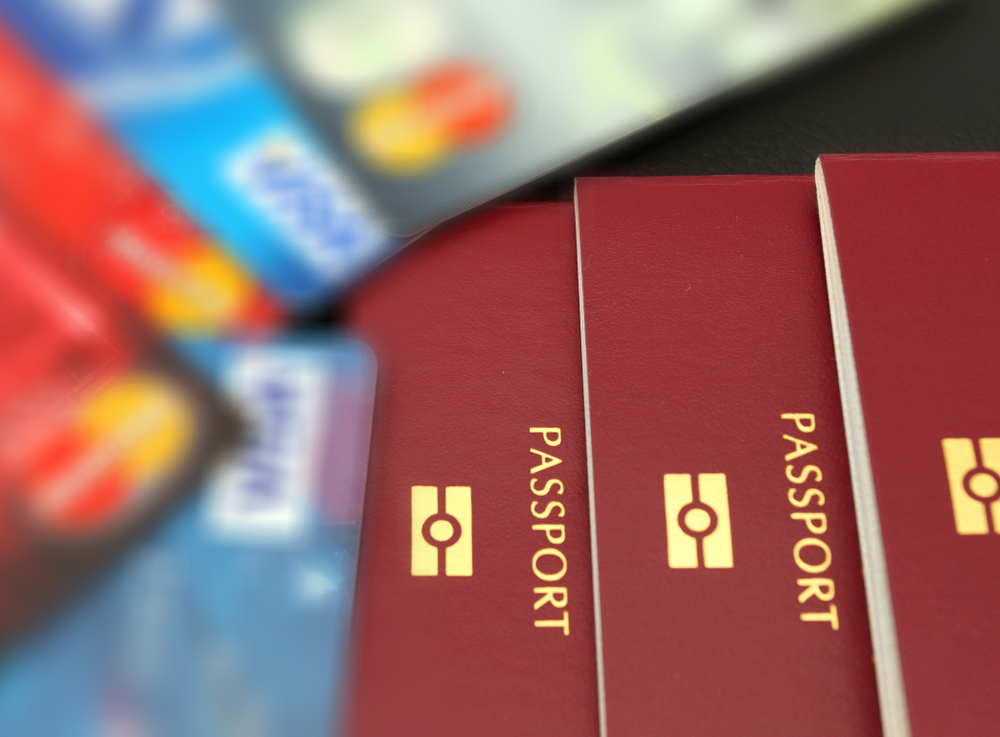Singapore was named the world’s second most expensive city* in 2019. All of this can lead many expats to wonder if living in the little red dot is doing their bank balance any favours. There’s the international school fees to consider, after all, along with the cost of leasing or owning a car – and, of course, high rental prices. When you combine this cost of living in Singapore with the downturn of expat packages, it can often be hard for expats to get ahead financially.
 But would you be better off somewhere else? Andrew Talbot from Avrio Wealth, breaks down some numbers to see how the cost of living in Singapore really affects your savings, and if your situation would be better financially if you relocated or returned to your home country.
But would you be better off somewhere else? Andrew Talbot from Avrio Wealth, breaks down some numbers to see how the cost of living in Singapore really affects your savings, and if your situation would be better financially if you relocated or returned to your home country.
Comparing the cost of living in Singapore to other locations
Andrew says: “Let’s take a quick look at some expat financial numbers from around the world, using a family of four – two adults with two school-aged children – as a point of comparison. Of course, these figures are approximate, and they cover just one expat scenario; also, the monthly expenditure is subjective and could differ a lot from family to family. Yet the figures still show how Singapore’s low taxation rates and relatively high salaries can be a draw that balances out any increase in the cost of living in Singapore.”
Singapore
Combined family wage: S$250,000
Estimated taxation: $29750
Tax rate: 11.9%
Tuition: $72,000 ($36,000 per child)
Housing (monthly): $6,500
Shopping basket (monthly): $2,000
REMAINDER (annually): $58,250
London
Combined family wage: £140,000
Estimated taxation: £56,000
Tax rate: 40%
Private tuition: £32,000 (£16,000 per child)
Public tuition: £0.00
Housing (monthly): £3,200
Shopping basket (monthly): £300
REMAINDER (annually): £10,000 (private education)
REMAINDER (annually): £42,000 (public education)
Sydney
Combined family wage: A$240,000
Estimated taxation: $98,000
Tax rate: 41%
Private tuition: $50,000 ($25,000 per child)
Public tuition: $0.00
Housing (monthly): $4,500
Shopping basket (monthly): $1,200
REMAINDER (annually): $24,000 (private education)
REMAINDER (annually): $74,000 (public education)
New York
Combined family wage: US$185,000
Estimated taxation: $54,000
Tax rate: 32%
Private tuition: $30,000 ($15,000 per child)
Public tuition: $0.00
Housing (monthly): $6,000
Shopping basket (monthly): $500
REMAINDER (annually): $23,000 (private education)
REMAINDER (annually): $53,000 (public education)
* The Economist Intelligence Unit
Note: All figures are estimates, and for one family scenario only
A final word
“After crunching the numbers, you can see that Singapore does offer value for money in some categories – and a good opportunity for expats to save their pennies,” says Andrew. “Naturally, the cost of living in Singapore is dependent on your lifestyle and financial choices; how many children you have, what schools they attend, and whether you have chosen to own and operate a car, or use public transportation. While the draw to get back to ageing parents and family ties may be strong, make sure you get a full picture of any potential financial impact before planning a move.”
Set up an online consultation to see if Avrio may work out a long-term solution for you.
Brought to you by Avrio Wealth Pte Ltd
9 Battery Road, #28-01
6240 6865 | avriowealth.com
This material is intended for educational and informational purposes only. It is not intended to provide specific advice or recommendations for any individual. Additionally, you should consult with your Financial Advisor, Tax Advisor, or Attorney on your specific situation. The views expressed in the material are that of the author and do not necessarily reflect those of any market, regulatory body, State or Federal Agency, or Association. All efforts have been made to report or share true and accurate information. However, the information may become materially outdated or otherwise rendered incorrect due to subsequent new research or other changes, without notice. The author nor the firm are able to always verify the content from third party sources. For additional information about the firm, please visit the MAS Website at https://www.mas.gov.sg/ and the SEC Website at www.adviserinfo.sec.gov. For a copy of the firm’s ADV Part 2 Brochure, please contact us at info@avriowealth.com
Get more advice on Living in Singapore:
What factors can affect your return on investments?
The expat’s guide to where to live in Singapore





